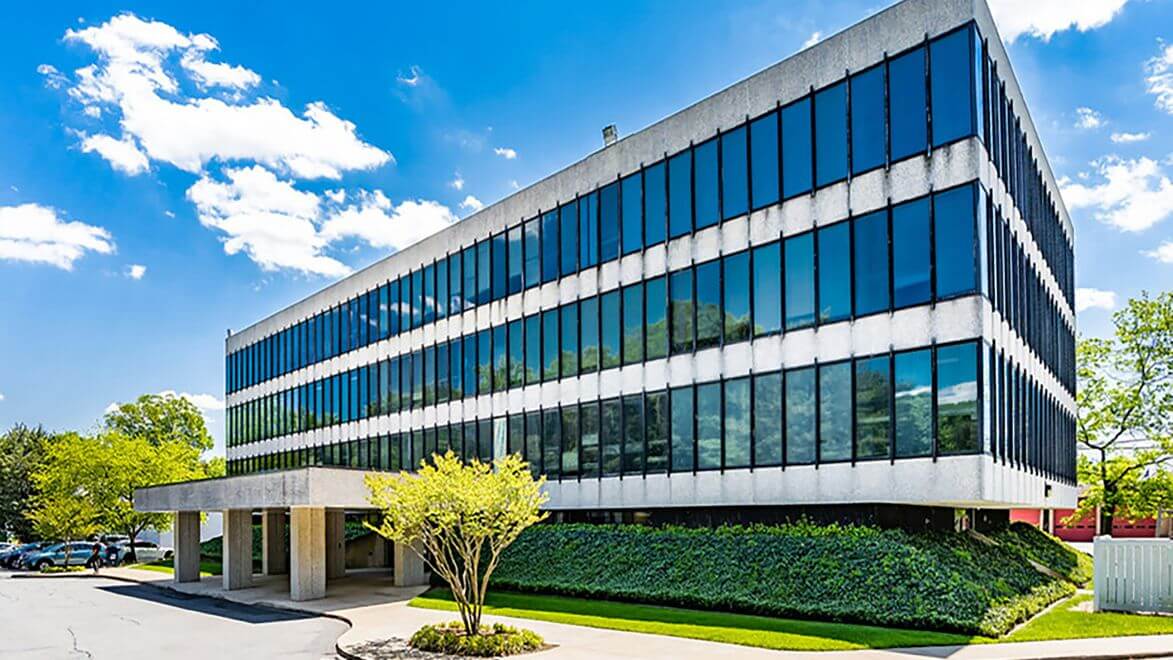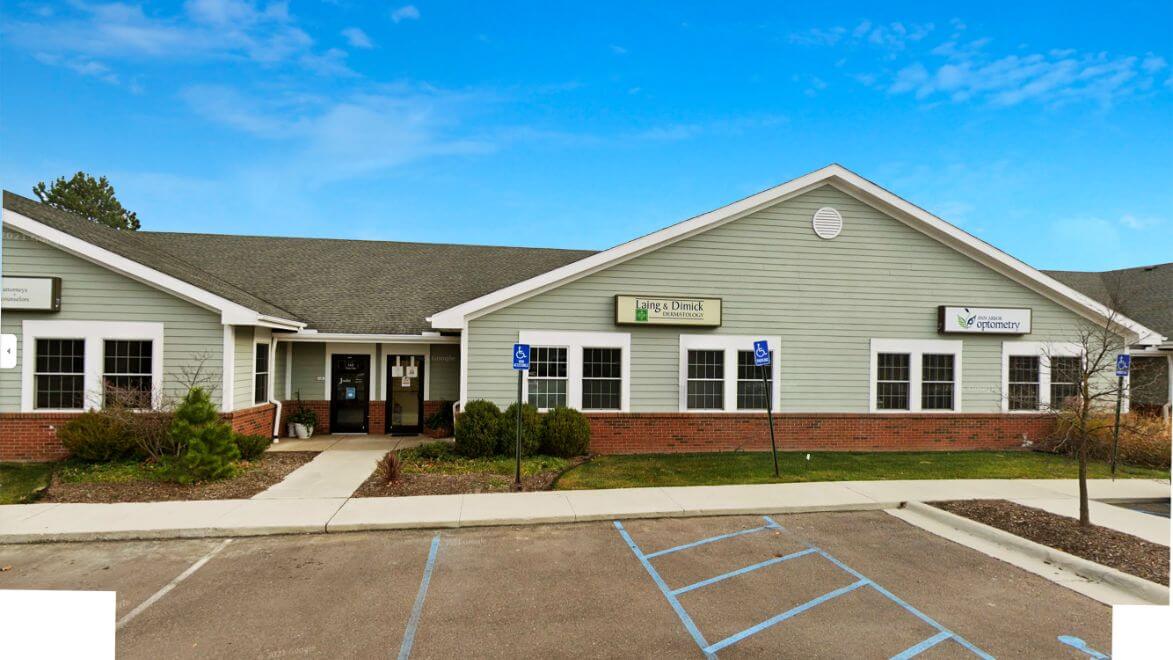-
Please enter a 5 digit zipcodeNo results...
- Find a Provider
- Find a Location
-
Conditions
Skin Cancer
Common Dermatological Conditions
- Acne
- Actinic Keratosis
- Age Spots
- Alopecia and Hair Loss
- Birthmarks
- Cysts
- Dry Skin
- Eczema
- Granulomas
- Hives
- Hyperhidrosis and Excessive Sweating
- Melasma
- Moles
- Pediatric Dermatology
- Pregnancy Related Skin Conditions
- Psoriasis
- Rashes
- Rosacea
- Seborrheic Keratosis
- Skin Discoloration
- Skin Tags
-
Treatments
Popular Cosmetic Treatments
- AviClear
- BBL® Hero™ (BroadBand Light)
- Blue Light Therapy / Photodynamic Therapy
- BOTOX®
- Chemical Peels
- CoolSculpting®
- DAXXIFY®
- Dermaplaning
- Dysport®
- EMSCULPT NEO®
- HydraFacial
- Injectable Fillers
- Laser Vein Treatment
- Microdermabrasion
- Microneedling
-
Procedures
Plastic Surgery Procedures
Dermatology Procedures
- Cryosurgery
- Curettage
- Mohs Surgery
- Reconstruction After Mohs Surgery
- Skin Cancer Screenings and Total Body Skin Exams
- Standard Excision
- Superficial Radiation Therapy with GentleCure
- Surgical Excision
- UVB Light Treatment
- Events
-
About Us



